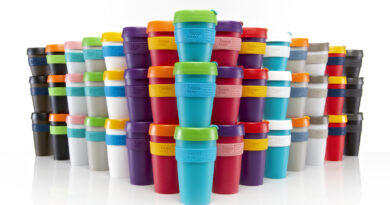Helping Tigers
1. Refuse any tiger products eg things that contain Tiger Bone, tiger penis etc. Used in traditional medicine. Mainly prevalent in Asian countries (China, Japan and Korea to name a few), if you are travelling to Asia, keep this is mind when ordering your foods or medicines if you require them. Although you’ll most likely know if you are getting tiger products because it is not cheap. In Taiwan Tiger penis soup costs – $320USD and in Soeul – Powdered Tiger Bone costs $1450lbs. Worth being aware of. Also worth asking your Traditional Medicine practitioner if they use any of these products in their treatments. Although this may insult them, its worth asking the question. Or asking their knowledge of the use of these products if you don’t feel comfortable asking them outright.
Known Tiger of Ranthambapore NP
2. Go and see tigers either in the wild– or at a zoo or sanctuary. If the organisation is reputable, some of money you pay for the experience to see these animals will go back into tiger conservation. And any money is better than spending no money. Seeing these creatures up close and personal is a truly magnificent experience and one you wont forget. (see later my post on visiting tigers in Ranthambapore NP in India – one of my most top wildlife encounters!)

Getting up close and personal with Tigers is a special moment
3. Ask your Government to Label Products that use Palm Oil – Palm Oil and the issues surrounding it is a huge topic that I will be exploring in not to distant future post however in the meantime just know that certain areas of Tiger habitat in South East Asia are being removed illegally to make way for Palm Oil. We, as consumers, eat palm oil unsuspectingly in a lot of products on the supermarket shelves. Some Palm Oil is Certified Sustainable Palm Oil (CSPO) and doesn’t have an impact on Tiger habitat however there is a lot of Palm Oil that isn’t. At the moment its hard to know if the products we buy have palm oil in them, let alone if it is sustainably grown or not. If you support campaigns such as the “Don’t Palm Us Off Campaign” at the Melbourne Zoo (http://www.zoo.org.au/get-involved/act-for-wildlife/dont-palm-us-off) then you can put pressure on governments to ensure that Palm Oil is labelled on products. This way we can have a conscious choice whether we choose that product or not…. More to come on this in near future.
Melbourne Zoo Campaign Helping Tigers, Orangutans and other animals affected by habitat loss from Palm Oil plantations.

4. Donate – giving money towards tiger conservation through adopting an animal (WWF and many other organisations offer these programs) will give you great satisfaction in knowing you are contributing to the survival of these amazing animals…



